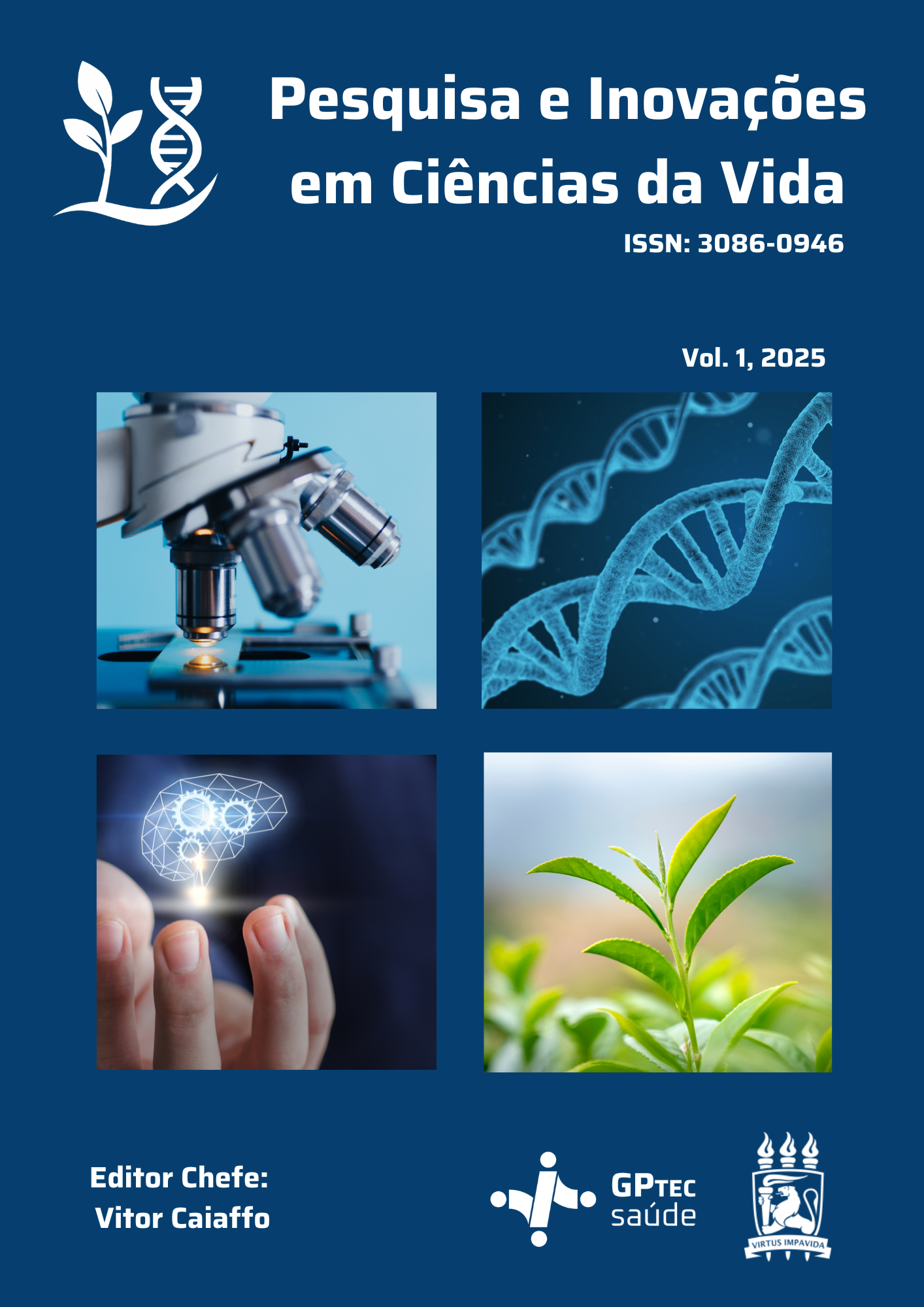45 YEARS OF THE HIV/AIDS PANDEMIC: AN ANALYSIS OF HIERARCHIZED EXPOSURE CATEGORIES IN BRAZIL
Keywords:
HIV, Sexually Transmitted Diseases, Pandemics, Epidemiologic Surveillance Services, AIDS SerodiagnosisAbstract
Introduction: This study presents a more detailed cross-sectional and quantitative analysis of the HIV/AIDS epidemic, from its onset in the 1980s to the present day. Method: The analysis was based on national epidemiological data addressing categories such as gender, sexual orientation, medical conditions, accidents involving biological material, vertical transmission, and unknown cases. This is a descriptive survey based on secondary data obtained between 1980 and 2023 from the Notifiable Diseases Information System (SINAN), available on DataSUS. Results: The theoretical approach highlights modes of transmission and sexual orientation to outline the epidemiological profiles that have emerged since 1980 and how they have evolved over time, emphasizing a context that may guide potential public health policies according to the data reality. Conclusion: Observing the main annual and decade-based trends helps describe how these findings may influence the planning of public health policies.
Downloads
Published
Issue
Section
License
Copyright (c) 2025 Davi Lopes, João Silva, Juliane Ferreira, Everton Gomes, Isis Brito, Leonardo Lima

This work is licensed under a Creative Commons Attribution 4.0 International License.
Copyright
Copyright of the authors, 2025. Licensed under the Creative Commons Attribution 4.0 International License (CC BY 4.0). This license lets others distribute, remix, adapt, and build upon your work, even commercially, as long as they credit you for the original creation. License text: https://creativecommons.org/licenses/by/4.0/
Open Access Policy
Research and Innovation in Life Sciences is an Open Access journal. This means that all of its content is freely and immediately available, at no cost to the user or their institution.
Users may read, download, copy, distribute, print, search, or link to the full texts of articles, crawl them for indexing, or use them for any other lawful purpose without prior permission from the publisher or author, provided they respect the Creative Commons license applied to the published content. This statement is in accordance with the Budapest Open Access Initiative (BOAI) definition of open access.
Authors retain copyright and grant the journal right of first publication, with the work simultaneously licensed under the Creative Commons Attribution 4.0 International License (https://creativecommons.org/licenses/by/4.0/), which allows others to share the work with an acknowledgement of its authorship and initial publication in this journal.
Authors are authorized to enter into separate, additional contractual arrangements for the non-exclusive distribution of the journal's published version of the work (e.g., publishing in an institutional repository or as a book chapter), with an acknowledgement of its authorship and initial publication in this journal.
Authors are permitted and encouraged to publish and distribute their work online (e.g., in institutional repositories or on their website) only after the work has been published by the Journal, as this can lead to productive exchanges, as well as increase the impact and citation of the published work.







